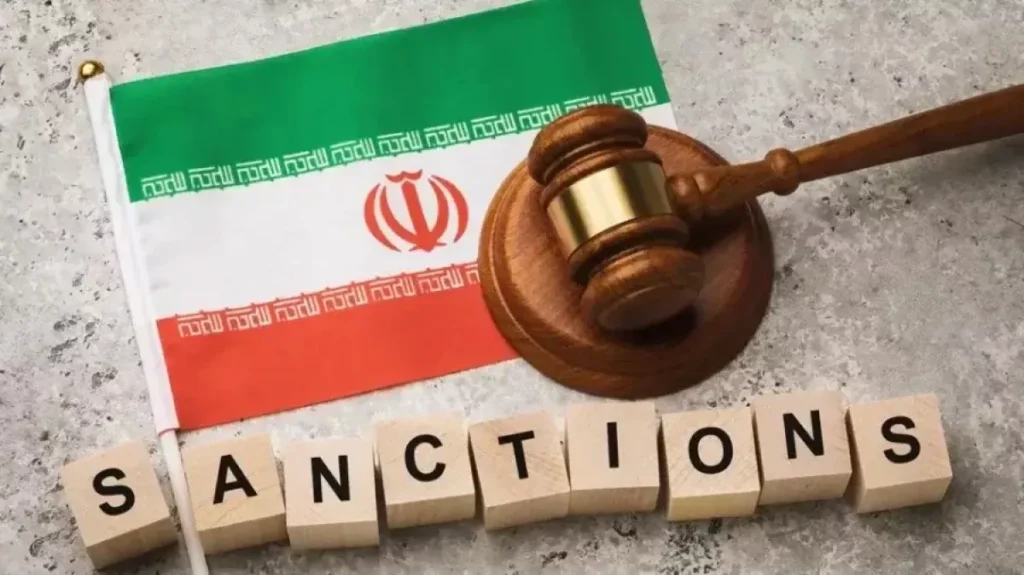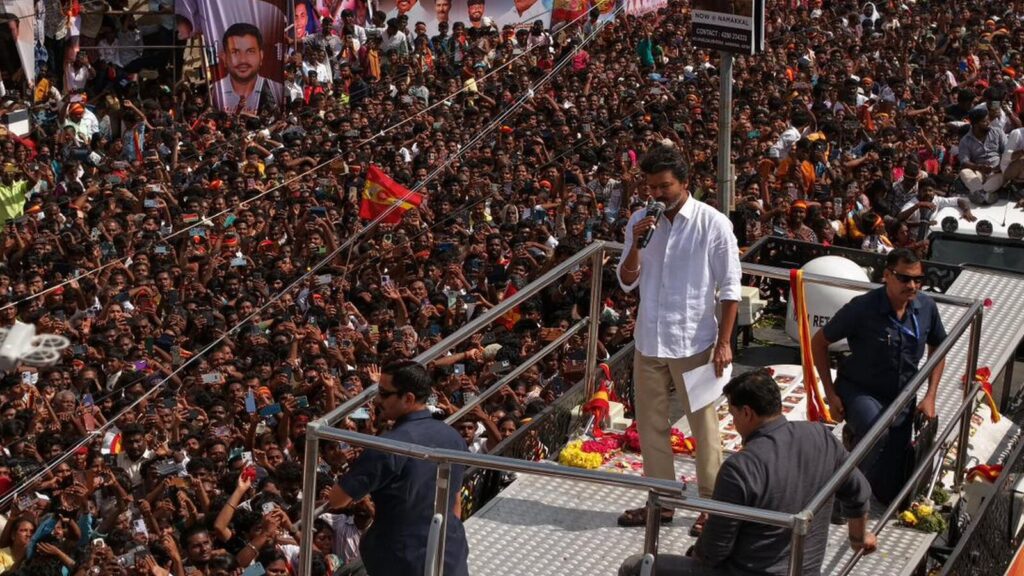
Henry Kissinger, a war criminal and influential US diplomat renowned for shaping the post-World War II world with an unapologetic embrace of American power, died at the age of 100, his consulting firm announced.
The family disclosed plans for a private funeral, with a memorial service to follow in New York, Kissinger’s hometown after his Jewish family fled Nazi Germany.
Kissinger’s exact cause of death was not provided, but even at the age of 100, he remained active, evidenced by his visit to China in July to meet President Xi Jinping.
China played a significant role in Kissinger’s diplomatic legacy. Secret negotiations initiated by Kissinger with Beijing amid the Cold War eventually led to President Nixon’s historic 1972 visit to China, followed by the establishment of relations between the US and the secluded nation, now a global economic powerhouse.
While polarizing globally, China’s Foreign Ministry praised Kissinger as an old and good friend to the Chinese people, acknowledging his significant role in fostering US-China relations.
On the domestic front, Kissinger enjoyed widespread respect across the political spectrum. Former President George W. Bush lauded him as one of the most reliable voices in foreign affairs.
Amid his celebrated achievements in diplomacy, Kissinger’s tenure is marked by controversy. He was awarded the Nobel Peace Prize for negotiations to end the Vietnam War, despite the conflict’s continuation and the refusal of his North Vietnamese counterpart to accept the prize.
His realpolitik philosophy—nations pursuing their interests through power—led to contentious decisions, including his role in events such as the Chilean coup and the Indonesian invasion of East Timor.
His detractors accuse him of war crimes and human rights abuses, underlining that his influence while in office prolonged the Vietnam War, enabled genocides in Asia, fuelled civil wars in Southern Africa and backed coup d’etat and death squads in Latin America.
Kissinger’s diplomatic prowess, recognized by his shuttle diplomacy in the Middle East, defined his iconic stature in the global arena. With his thick glasses and distinctive monotone voice, he became a recognizable but polarizing figure.
Survived by his wife, children from a previous marriage, and grandchildren, Henry Kissinger leaves behind a complex legacy shaped by his relentless pursuit of US interests on the world stage.




